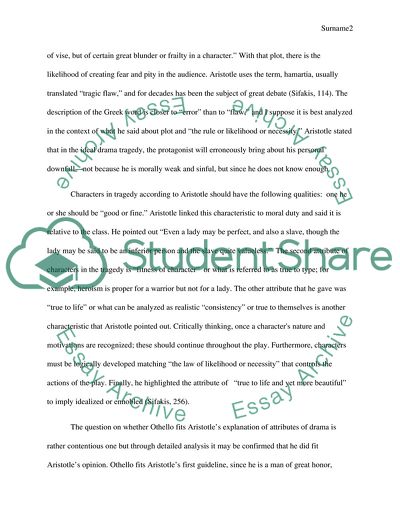Cite this document
(“Drama: analytic thinking Essay Example | Topics and Well Written Essays - 1500 words”, n.d.)
Retrieved from https://studentshare.org/literature/1666145-drama-analytic-thinking
Retrieved from https://studentshare.org/literature/1666145-drama-analytic-thinking
(Drama: Analytic Thinking Essay Example | Topics and Well Written Essays - 1500 Words)
https://studentshare.org/literature/1666145-drama-analytic-thinking.
https://studentshare.org/literature/1666145-drama-analytic-thinking.
“Drama: Analytic Thinking Essay Example | Topics and Well Written Essays - 1500 Words”, n.d. https://studentshare.org/literature/1666145-drama-analytic-thinking.


